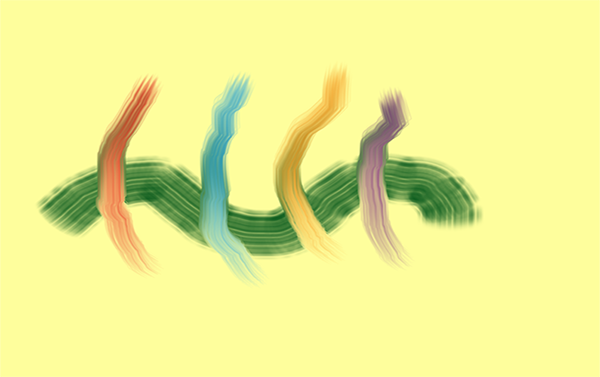When I was a kid and sick with the flu or an ear infection, my mom would bring me a pitcher of orange juice and a glass and leave me for the morning. “I want to see that gone by the time I get back,” she’d say. (To be clear, she was just downstairs and within earshot.)
She was teaching me independence and getting on with her own work.
I was learning about being sick.
People who are sick inconvenience others (my child mind reasoned). It’s best to be quiet. Don’t make waves. Don’t ask for help. Drink a lot of juice.
I know I’m not alone. Many of us carry “don’t ask for help” as a bone-deep lesson. We are a country (we pretend) of rugged individualists.
The trouble is that while we are convincing each other of our independence, we are holding ourselves separate and cutting off one at the easiest ways we can connect with each other.
When I was learning Spanish in a language immersion program, asking for help was where we started. We sat at a classroom table cluttered with small colored wooden toys – sticks and cubes and balls “Please give me a green stick,” I would ask another student (in Spanish) and they would demonstrate their understanding by passing me the appropriate object.
Communication accomplished. Connection made.
It’s even better when the connection is one of compassion. They teach compassion in primary schools by bringing a baby into the classroom. Babies are obviously needy and likely adorable. The kids’ hearts open easily as they watch and help moms care for their infants
When I ask for help, I am giving you an opportunity to open your heart. I am opening space for compassionate connection. I am building community.
Even if you have to say “no,” the space is open. The choice of moving closer in relationship is there.
Now all I have to do is lay aside my John Wayne mask.
In your journal
- Write about being sick as a child.
- How would you teach compassion?
- Are you a rugged individualist (or have you known any)?
- Write about a time you asked for help.

